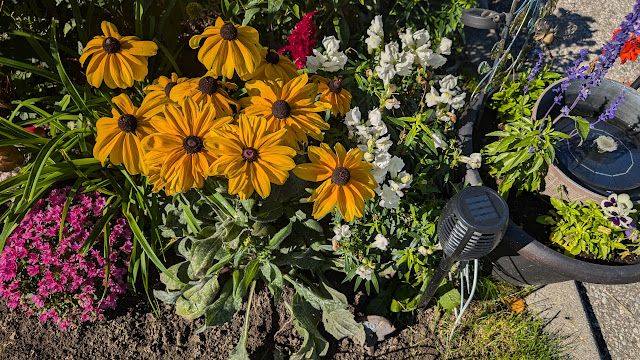It's getting harder to spot falsehoods and disinformation online. That's not just true for election news but in culture war areas like climate change or vaccine safety.
I've been following a few people who write often on this topic; one of them is Dr. Katelyn Jetelina, an epidemiologist, who publishes a newsletter called Your Local Epidemiologist. I highly recommend it; she covers a wide range of medical topics, often interviewing other experts in the field.
Today's newsletter is titled "9 ways to spot falsehoods" and is well worth the time to read. Here are the first three tips.
- Basic sniff test. If vaccines are causing hundreds of thousands of deaths, wouldn’t we have overwhelmed morgues? If election workers were unloading trash cans full of ballots they forged at an election center, would they dump them out in front of a security camera? More often than not, these allegations don’t pass a basic sniff test. Pause and think before you share.
- Follow the money. Most people don’t just spread lies for fun. They are doing it for one of two reasons: 1) political motivation, or 2) making a profit. If someone has created a movie that “proves” election fraud happened, but you have to pay $19 to view it, red flags should be going up everywhere. If a podcast talks about the benefits of supplements but then sells those same supplements thereafter, you should consider whether those two things are linked.
- Ask follow-up questions. If someone makes a bold claim online, ask them to explain it. They’ll often respond with statements like “Democrats are stealing the 2024 election. We all know it.” Or “hydroxychloroquine obviously stops Covid-19 infections.” Ask them how they know it. Once you do, you’ll have evidence to analyze.








